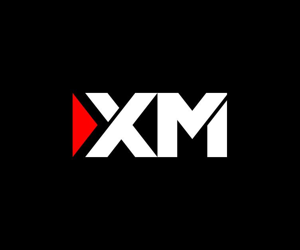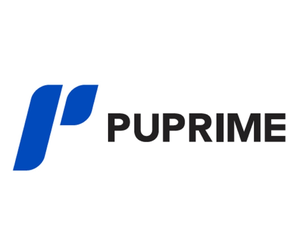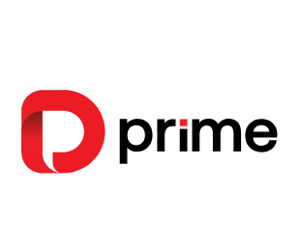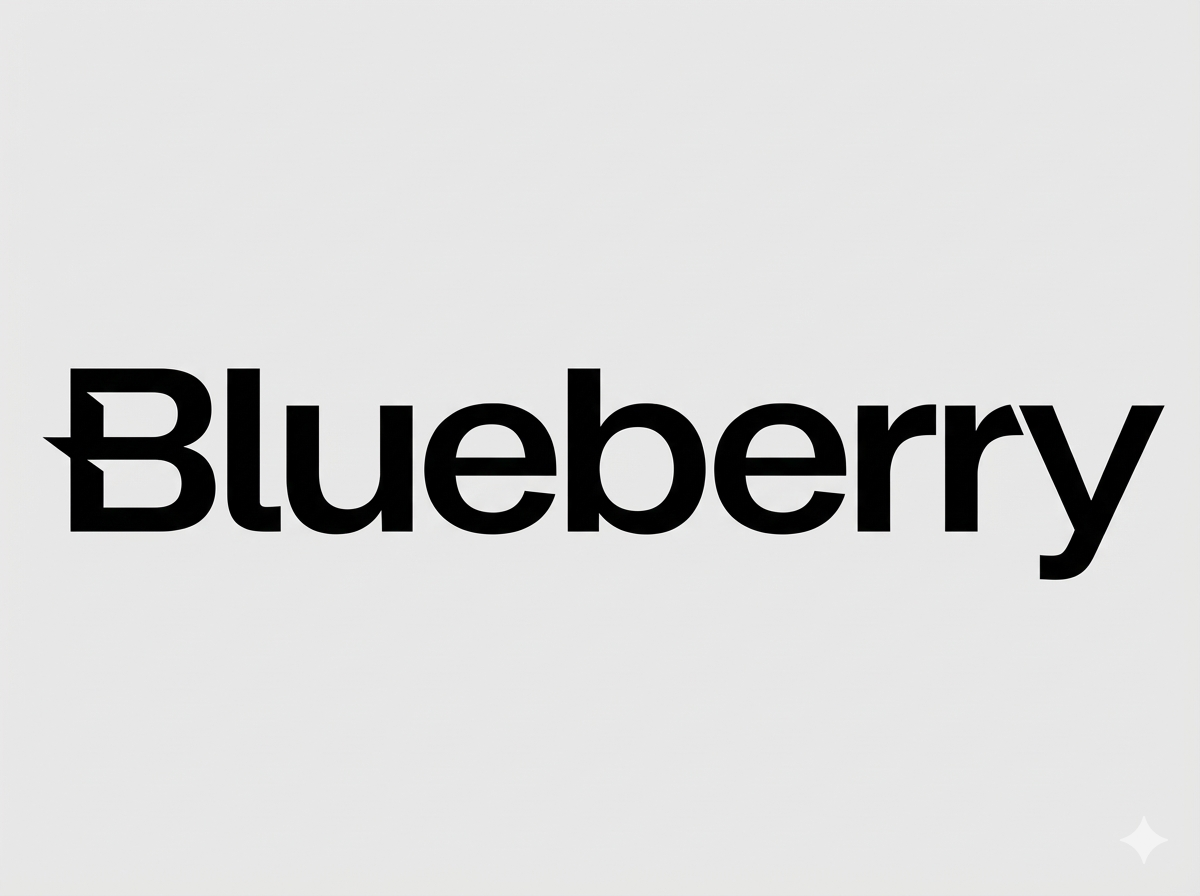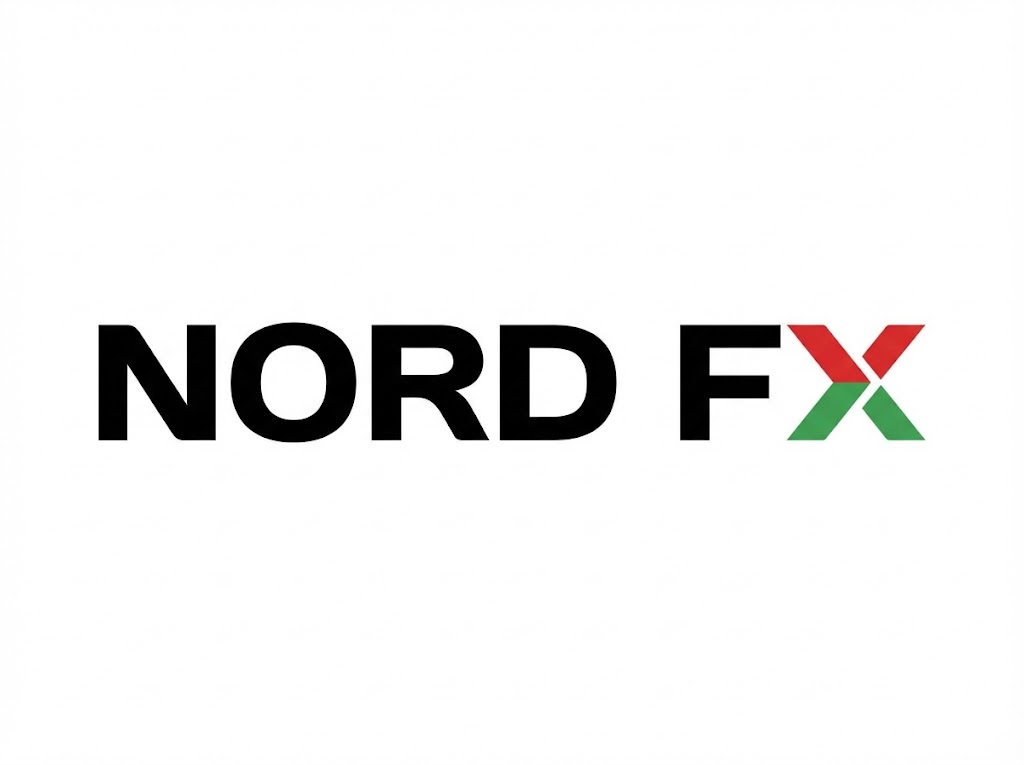Doo Prime review: verified licences, protections, and risks so beginners choose the right entity and avoid surprises—learn why our rating is Bronze.
Doo Prime sits under Doo Group, a Singapore-headquartered financial services firm whose brands also include Doo Financial and Doo Clearing. The broker has grown fast and leans on high-visibility marketing, including a global partnership with Manchester United. That raises its profile with casual investors. But it also raises expectations about safety, service, and withdrawal reliability. On balance, based on our methodology (regulation first, then execution, client feedback, and staff insight), Doo Prime lands in the Bronze band.
This review explains why. We verify the broker’s licensing, explain what those regulators mean for everyday traders, map reputation signals, and lay out strengths and weaknesses in plain language. Our aim is clarity, not hype. If you are new to CFDs and forex, you should leave with a simple view: what Doo Prime is, how it is regulated, the risks that regulation does and does not cover, and whether it fits your needs.
Regulation & Safety
Corporate structure and brand. Doo Prime is the trading brand within Doo Group. The group controls several entities across jurisdictions:
- Doo Prime Mauritius Limited – licensed “Investment Dealer” by the Mauritius Financial Services Commission (FSC), License C119023907. (Listed on Doo Prime’s site.)
- Doo Prime Seychelles Limited – licensed “Securities Dealer” by the Seychelles Financial Services Authority (FSA), License SD090. (Listed on Doo Prime’s sites; the FSA provides a public register.)
- Doo Prime Vanuatu Limited – licensed “Financial Dealer” by the Vanuatu Financial Services Commission (VFSC), License 700238. (Listed on Doo Prime’s sites/news.)
The wider group also holds regulatory permissions that are not the same as retail CFD permissions but matter for context:
- Doo Clearing Limited – an FCA-authorised liquidity provider in the U.K., FRN 833414. That’s Tier-1 oversight but applies to the clearing/liquidity arm, not the offshore CFD entity you may open with.
- Doo Financial US, Inc. – a U.S. broker-dealer, FINRA CRD 24409 / SEC 8-41551. Again, that is for U.S. securities brokerage, not CFDs.
- Doo Financial Cyprus Limited – a CySEC-authorised Cyprus Investment Firm, CIF 448/24 (licence date Sept. 2, 2024). This is Tier-1 (EU/ESMA) oversight and enforces retail protections when clients are onboarded under this EU entity.
Why these regulators matter
In our tiering:
- Tier 1 (on-shore) includes FCA (U.K.), CySEC under ESMA (EU), FINRA/SEC (U.S.), MAS (Singapore), and similar. These enforce leverage caps, margin close-out, negative balance protection (in the EU/UK), and audited reporting.
- Tier 2 (mid-shore) includes Mauritius FSC and Seychelles FSA. These are true licensing regimes with AML and prudential rules. However, leverage caps and negative balance protection may be firm-level policy rather than law.
- Tier 3 (offshore) includes VFSC (Vanuatu). Oversight is lighter; protections are more reliant on the firm’s promises.
What Doo Prime offers under each entity. Doo Prime markets high leverage (up to 1:1000) on its main site, which signals onboarding through Seychelles or Mauritius (or Vanuatu), rather than the EU entity where ESMA caps retail leverage at 30:1 and requires automatic negative balance protection. Check your account letters and terms to confirm which entity you sign with. (Doo Prime’s own pages highlight MU FSC C119023907 and VFSC 700238; CySEC licence belongs to the “Doo Financial” brand.)
Client protections to expect.
- Segregated funds: Required by Seychelles FSA and Mauritius FSC rules; retail client money should be kept separate from company funds. (Regulators set the framework; enforcement standards vary.)
- Leverage rules: ESMA (via CySEC) caps leverage at 30:1 for major FX and less for other CFDs, with margin close-out thresholds. If you are not onboarded under the CySEC entity, high leverage is common but riskier.
- Negative Balance Protection (NBP): Mandatory under ESMA and U.K. rules, not universally mandated in Seychelles/Mauritius. Many brokers offer NBP voluntarily; confirm in your specific terms.
Verification. We verified Doo Clearing on the FCA register (FRN 833414), the CySEC authorisation for Doo Financial Cyprus Limited (CIF 448/24), and Doo Financial US on FINRA BrokerCheck (CRD 24409/SEC 8-41551). The Mauritius FSC (C119023907) and Seychelles FSA (SD090) numbers are provided on Doo Prime’s official pages; the Seychelles FSA maintains a searchable register for additional confirmation.
Bottom line on safety. Doo Group holds a mix of licences. The group owns Tier-1 permissions (FCA/FINRA/CySEC), but retail CFD/forex onboarding often occurs under Mauritius/Seychelles/Vanuatu entities. That places Doo Prime in a mid-shore regulatory posture for many users. If you want ESMA-style caps and guaranteed NBP, you must be onboarded under the CySEC entity.
Trader Reputation & Market Presence
Brand presence. Doo Group is an official global partner of Manchester United, and Doo Prime markets this heavily. That gives the brand visibility and signals scale, though it does not equal stronger client protections by itself.
Client reviews and themes. Public reviews show a split picture:
- Positives: Platform reliability, quick responses from account managers, and generally smooth setup are recurring praises on review platforms.
- Negatives: Multiple independent posts cite withdrawal delays or withheld profits. Some reports are emotional or anecdotal; however, the theme recurs across forums and review sites in 2024–2025. We saw detailed threads alleging withheld funds and poor transparency around “market manipulation” claims; we also saw strongly critical editorial reviews and scattered Reddit warnings. Treat each with caution, but the pattern is consistent enough to weigh.
Regulatory actions. We did not see a major Tier-1 enforcement action tied to Doo Prime’s retail entities during our search. That said, Tier-2/3 regulators publish fewer granular disclosures than ESMA or the FCA, which makes independent cross-checks harder.
Execution transparency. We did not find audited execution statistics (fill speed, slippage, or rejection rates) on public pages. EU brokers sometimes publish RTS-27/28 reports, but Doo’s CySEC authorisation is recent (2024), and we did not find a consistent library of such reports for retail CFDs. Lack of verified stats does not prove poor execution, but it caps our execution score due to limited transparency.
Market positioning. The broker offers MT4/MT5, TradingView connectivity, social/copy features, and high leverage outside the EU entity. That appeals to active traders and IBs. The IB programme looks aggressive, which can help growth but also invites mixed experiences if local partners over-promise.
Strengths & Weaknesses
Where Doo Prime is strong
- Brand scale & visibility. Major sports partnership boosts confidence for some newcomers.
- Multi-entity footprint. Group holds FCA, FINRA/SEC, CySEC, plus Seychelles, Mauritius, and Vanuatu licences. That suggests operational depth even if your account is offshore.
- Broad platform choice. MT4/MT5, TradingView, and copy trading cover most needs for casual traders.
- High leverage (non-EU). Up to 1:1000 can be attractive to speculators who understand risk. (Use with care.)
Where it needs to improve
- Regulatory clarity at onboarding. Many clients seem to land under Seychelles/Mauritius/Vanuatu, not EU/UK. The site should make entity selection and the exact protections (leverage caps, NBP, complaints route) unmistakably clear before funding.
- Withdrawal transparency. Repeated reports of delays/withheld profits weigh on reputation. Timelines, status dashboards, and clearer dispute procedures would help.
- Execution disclosures. Public, audited stats on slippage, speed, and rejection rates would boost trust and score. (EU reporting where applicable would also help.)
- Consolidated legal pages. The group runs many domains. A single, always-up-to-date legal hub for licences and entities would reduce confusion for new clients.
Overall Verdict
Band: Bronze. Under our framework, Doo Prime scores as Bronze (40–59) today. It benefits from group-level Tier-1 permissions and a well-resourced operation. However, the retail CFD onboarding path often runs through mid-shore or offshore entities. That means lighter statutory protections unless you open under CySEC (ESMA) or in the U.K. from a Doo entity authorised to serve retail CFDs there.
Who might it suit? Traders who:
- Value a popular platform lineup (MT4/MT5/TradingView).
- Want higher leverage and understand the risks.
- Are comfortable with mid-shore oversight and proactive in reading terms, fee tables, and withdrawal rules.
Who should look elsewhere? Clients who:
- Want on-shore (EU/UK/US) retail protections by default.
- Prioritise audited execution quality data and a long, clean public history of withdrawals.
Context among peers. In our system, Gold brokers combine Tier-1 retail licensing with open execution metrics and consistently positive client feedback. Silver brokers may have Tier-1/2 licensing and decent transparency. Bronze brokers, like Doo Prime today, mix Tier-2/3 oversight with solid features but uneven feedback and fewer hard execution stats.
Expert Review Notes (Staff Insight)
- Entity fit matters. The group’s CySEC authorisation (CIF 448/24) is a positive step. If Doo channels EU clients to that entity—with ESMA caps and NBP—the risk profile improves. We’d like to see the broker nudge retail clients toward the highest-protection entity by default.
- Marketing vs. governance. The Manchester United partnership builds trust by association. But trust should rest on licensing clarity, execution reporting, and friction-free withdrawals. Marketing should not outrun operations.
- Withdrawal friction is reputationally expensive. Even if only a subset of cases hit delays, the signal repeats across independent sites. A public service-level target (e.g., 95% of withdrawals processed within X hours) would help.
- Single legal front door. The group operates multiple web properties. A canonical regulatory page—linking directly to each regulator’s register entry—would lower confusion and elevate trust.


